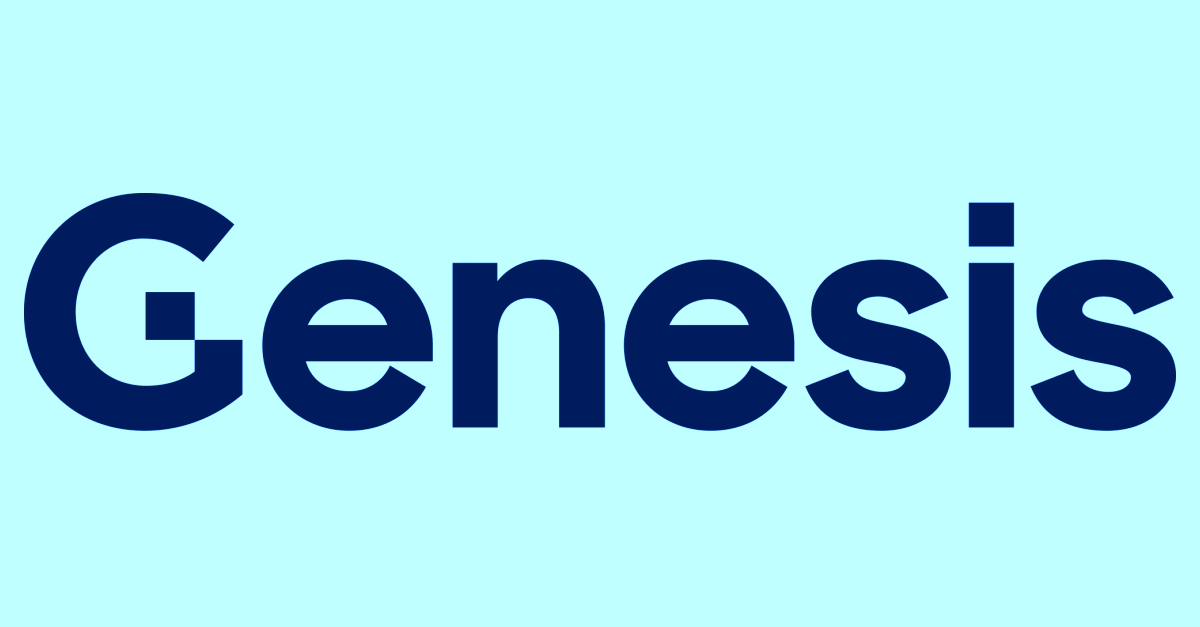Key Insights
- Genesis Global Capital agreed to pay a $21 million civil penalty to settle SEC
- The settlement concludes the SEC’s lawsuit alleging Genesis and Gemini sold unregistered securities
- The penalty follows Gemini’s $37 million settlement ensuring Earn users are reimbursed
WASHINGTON (MarketsXplora) – Crypto lending firm Genesis Global Capital LLC agreed to pay a $21 million civil penalty to settle charges over its unregistered offering through the Gemini Earn crypto lending program, U.S. regulators said on Wednesday.
The Securities and Exchange Commission said the penalty from Genesis concluded its lawsuit alleging that Genesis and Gemini Trust Company LLC sold unregistered securities through the Gemini Earn retail lending product.
Under the settlement terms, the SEC will receive only a portion of the $21 million after other bankruptcy payments, including claims by Gemini Earn investors enrolled in the interest-earning program.
“Today’s settlement builds on previous actions to make clear to the marketplace and the investing public that crypto lending platforms and other intermediaries need to comply with our time-tested securities laws,” SEC Chair Gary Gensler said.
The penalties bring some closure to the high-profile collapse of the Gemini Earn program following the implosion last year of major crypto firms like FTX.
Launched in February 2021, Gemini Earn offered yields of up to 8% by lending out crypto assets deposited by retail investors to borrowers like Genesis.
However, Genesis suspended withdrawals in November after being hammered by the blowup of FTX and other industry turmoil, locking up around $900 million from 340,000 Gemini Earn users.
Gemini denied wrongdoing but reached a broader $37 million settlement with New York regulators last month which is expected to see customers fully reimbursed through Genesis’ bankruptcy proceedings.
The crypto lending saga sparked a broader crackdown by U.S. regulators on crypto firms offering interest-bearing yield products without adhering to investor protection rules.
Genesis filed for Chapter 11 protection in January, while its parent holding company, Digital Currency Group (DCG), has seen valuations plunge amid investor concerns over its battered balance sheet and linkages to the unraveling crypto empire of Sam Bankman-Fried.
Genesis and other crypto firms have faced accusations of offering unregistered securities and misleading disclosures about risks involved in centralized lending programs.
While cryptoassets are largely unregulated, the SEC maintains products offering returns to investors constitute securities subject to its jurisdiction.
Wednesday’s settlement over the Gemini Earn debacle provides clarity on the SEC’s interpretation of lending products, even as U.S. lawmakers and regulators remain divided over how to build a clearer crypto oversight regime.


